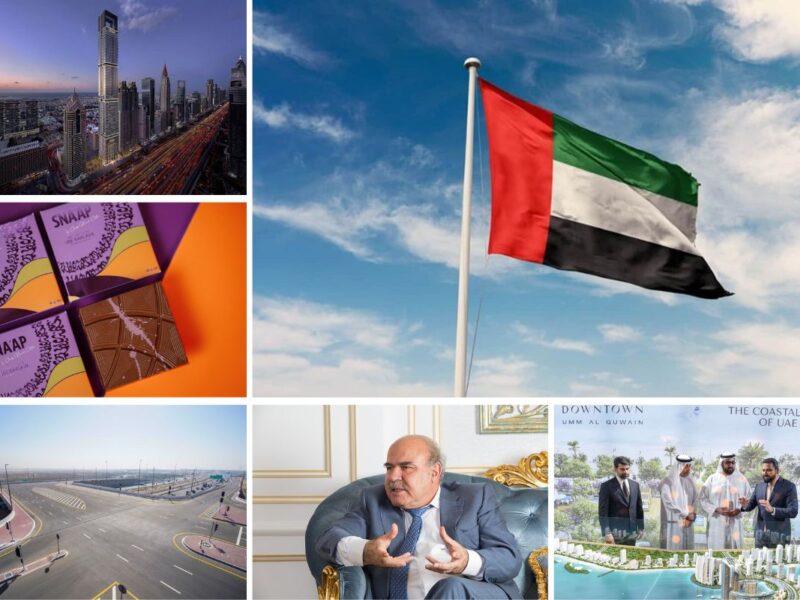Saudi Arabia is likely to step in and help Bahrain plug a budget hole next year if oil prices keep falling, as ratings downgrades in the wake of social unrest make it costly for the island state to issue foreign debt and the Saudis seek to keep restive elements in the region in check.
Saudi troops have already been brought in this year to help quell Bahrain’s worst social revolt since the 1990s, which left at least 30 dead and pushed Bahrain’s economy to its first quarterly contraction in January-March since the global financial crisis in 2008.
Supporting Bahrain is strategically vital for Saudi Arabia’s Sunni government given the island’s proximity to regional rival Iran, which claimed Bahrain ahead of the island’s 1971 independence from Britain.
Bahrain accused Iran of being behind this year’s anti-government revolt, in which mostly Shi’ite protesters demanded an end to sectarian discrimination and a greater say in Bahrain’s Sunni-led government.
Robust oil prices have helped ease Bahrain’s budget gap, which has been under pressure as the state’s credit rating has been downgraded by up to three notches this year due to the social unrest, which also prompted the government to boost spending by 22 percent from its original 2011 target.
However, Brent crude prices have plunged by $24 from April highs of $127 per barrel , making the state, which depends on oil for 85 percent of its income, highly vulnerable if prices fall next year in the face of slower global economy.
Analysts say Bahrain needs an average oil price of $108 to balance its budget while some forecast crude prices could fall to as low as $86 per barrel next year.
“We are still averaging high oil prices for 2011, so there is really not much reason why the government of Saudi Arabia would step in to help Bahrain in 2011. But certainly 2012 looks much more challenging,” said Farouk Soussa, Middle East chief economist at Citi in Dubai.
“There are two ways Saudi Arabia could do that. One is through direct grants and lending and that includes the development fund that they set up to help Oman and Bahrain. The other way is to increase the share of oil that Bahrain is allocated from Abu Safah field.”
Article continues on next page…
Bahrain has posted a budget deficit in 13 out of the last 20 years. Its budget for this year, including a 22 percent jump in spending, estimates a deficit of 10.1 percent of GDP, or BHD835.7m ($2.2bn).
For 2012, the government forecasts a deficit of 8.8 percent of GDP due to slightly lower spending, which at BHD3.08bn is still 14 percent higher than the original 2012 plan.
Additionally, Bahrain’s King Hamad bin Isa Al Khalifa last month approved an extra 388.5 million dinars in spending for public wage rises over the next two years.
Further ratings downgrades, which would push Bahrain’s debt servicing costs still higher, cannot be ruled out. Standard & Poor’s in July put a negative outlook on the Gulf state’s BBB long-term rating, warning that renewed political turmoil could result in weaker economic performance.
The island’s image to foreign investors has been further dented in the past week after it jailed 20 doctors for between five and 15 years, in what critics claimed was reprisal for treating anti-government protesters this year.
Analysts forecast economic growth of 2 percent this year, half the average of the past two decades, and 3.2 percent in 2012. They see fiscal gaps of up to 7.2 percent of GDP in 2012 though some say oil prices will stay high enough for Bahrain to turn a surplus of up to 1.5 percent of GDP.
Bahrain’s finance ministry did not respond to questions about its fiscal outlook.
The state’s foreign exchange reserves, at BHD1.6bn ($4.3bn) as of August, are tiny compared to its wealthier Arab neighbours. Its sovereign wealth fund Mumtalakat has assets of about $9.1bn whereas Abu Dhabi’s sovereign fund, one of the world’s biggest, is estimated to be worth $627bn.
“Bahrain’s budget finances remain under pressure with elevated social spending against limited support from oil revenues and faltering non-oil activity,” said Kubilay Ozturk, EMEA economist at Deutsche Bank in London.
“That said, explicit funding channels from the GCC (Gulf Cooperation Council) bloc, particularly Saudi Arabia, will help to put a cap on a widening headline deficit.”
In 2010 Bahrain relied on the Abu Safah oil field , which belongs to Saudi Arabia, for nearly 67 percent of its budget revenue. Under a 50-50 bilateral deal agreed in 1972 the two countries share income from the field.
Article continues on next page…
Saudi Arabia temporarily assigned the field’s full output to Bahrain when oil prices slumped to near $9 in 1998 following the Asian economic crisis, pushing Bahrain’s finances into the red.
“We have a precedent in the past … 150,000 extra barrels a day would really solve most of Bahrain’s budgetary problems,” Soussa said.
In March this year, Saudi Arabia, UAE, Kuwait and Qatar pledged $10bn in aid over 10 years to Bahrain and to Oman to stem the spread of political turmoil across the world’s top oil-exporting region. Oman expects the first $1bn tranche of aid to arrive in 2012 but there has been no official word on when Bahrain will receive its aid.
The state’s debt-to-GDP ratio of 33 percent is low by international standards, but its debt insurance costs have shot up by 184 points since February, to two-and-half-year highs of 407 basis points this week, following the unrest.
“We are currently in an environment where investors are already nervous and yet continue to face one piece of negative news after another,” said Chavan Bhogaita, head of markets strategy at National Bank of Abu Dhabi.
“In this context, it is likely to be challenging for Bahrain to tap the debt capital markets.”
In September, Bahrain mandated banks for a $1bn Islamic bond issue, aiming to attract Saudi investors, according to banking sources, after switching from an international bond that had been planned before the uprising.
The state, which last tapped the international debt market in June 2010, also raised its foreign and local debt issuance ceiling by BHD1bn to BHD3.5bn in September. Some $3.6bn in Bahrain government bills and bonds mature in 2011 and 2012, according to Thomson Reuters data.
“Recent news … may just point to the possibility that they will rely on issuance of T-bills and Islamic securities … to fund the higher deficit,” said Raza Agha, Middle East and North Africa economist at RBS.
Issuing short-term Treasury bills, however, will not be a sustainable strategy if oil prices stay well below the break-even $108 mark over a longer period.
“For example, if oil averages $80 per barrel you will find their fiscal situation in a much more precarious position,” said Dina Ahmad, Middle East/North Africa strategist at BNP Paribas.
“But I am not too worried about Bahrain because, at the end of the day, if they are struggling to make ends meet in terms of the fiscal deficit, they will resort to help from Saudi Arabia.”








